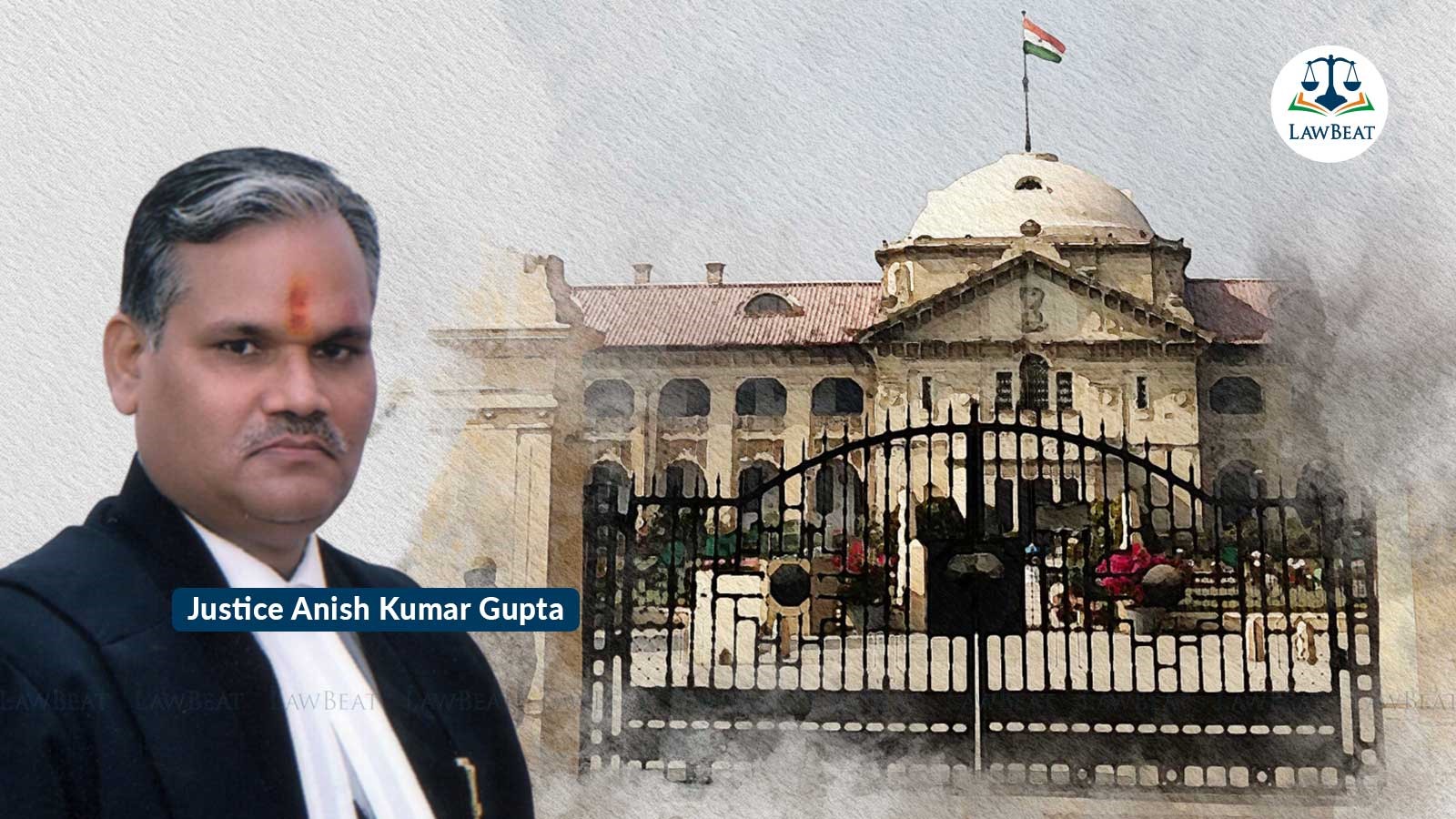Birth Certificate Secondary If School Leaving Cert is Available: Allahabad HC Upholds Prosecution Under POCSO Act

Court said that as per the scheme of Section 94 of Juvenile Justice (Care and Protection of Children) Act, 2015, once the school certificate is available, the other certificates such as the Birth Certificate issued by the Municipal Corporation become secondary evidence
The Allahabad High Court recently refused to interfere with the chargesheet in a case registered for offences under the Protection of Children from Sexual Offences Act, 2012 (POCSO Act) while noting that the victim, as per her School Leaving Certificate, was a minor at the time of the incident.
The bench of Justice Anish Kumar Gupta refuted the argument raised by the accused's counsel that the birth certificate of the victim stated a different Date of Birth (DOB) of the victim.
Court said, "...as per the scheme of Section 94 of Juvenile Justice (Care and Protection of Children) Act, 2015 once the school certificate is available, the other certificates such as the Birth Certificate issued by the Municipal Corporation becomes a secondary evidence".
Court further pointed out that the date of registration of the birth of the victim was a date after the incident, which meant that the said Birth Certificate had been purposefully obtained by the accused "to get away from the clutches of law".
"Therefore, the Birth Certificate which has been obtained by the applicant in considered opinion of this Court, is of not much relevance at this stage," court held.
The high court was dealing with an application moved by one Puspendra Singh under Section 482 CrPC seeking direction to quash the charge sheet in a case registered against him under Sections 363, 366, 376 I.P.C. and Section 5/6 of the POCSO Act.
The facts in brief were that the victim's father filed an FIR, alleging that Puspendra Singh abducted his minor daughter at a tubewell. Following the FIR, an investigation led to the victim's recovery. In her statement under Section 161 CrPC, the victim stated that she was 17 years old and educated up to Class VIII. She also claimed to have willingly accompanied the accused. She stated that they traveled to Mathura and Allahabad, where they underwent court marriage and were now living together as a married couple. She was pregnant as well.
In her statement, the victim expressed her willingness to reside with the accused.
In her medical examination, as per the X-ray examination, she was stated to be about 20 years old. During her medical examination, she stated that her father used to shout at her, therefore, she ran away with the accused.
However, after due investigation, having found the victim to be minor on the date of the incident, the charge sheet was filed against the accused under the provisions of the IPC and POCSO Act. Challenging the same, the accused moved the high court.
The accused's counsel argued that the victim was a major and had gone with the accused on her own will, therefore, no offence whatsoever was made out against the accused. He relied upon the Birth Certificate of the victim.
On the contrary, the counsel for the father of the victim placed on record victim's School Leaving Certificate which showed her a minor.
The single judge bench observed that the Supreme Court as well as different High Courts have held that the provisions of the Juvenile Justice Act, 2015, can also safely be applied for determination of the age of a victim of crime, specifically the crimes concerning sexual offences, which are covered under the provisions of the POCSO Act and IPC.
Court referred to Section 94 of the JJ Act which provides for "presumption and determination of juvenile's age".
While highlighting that the School Leaving Certificate of the victim clearly established that she was a minor at the time of the incident, court held that the requirement of an Ossification Test in the case was unwarranted.
Court observed that when exercising powers under Section 482 of the CrPC, the key consideration is whether a prima facie case exists. In this particular instance, the court held that since the victim was a minor, therefore, her alleged consent was inconsequential under the POCSO Act and 375 IPC.
Hence, court held that a prima facie case was made out against the accused for the offences alleged. Accordingly, court dismissed the application refusing to quash the chargesheet.
Case Title: Puspendra Singh v. State Of U.P And Another
